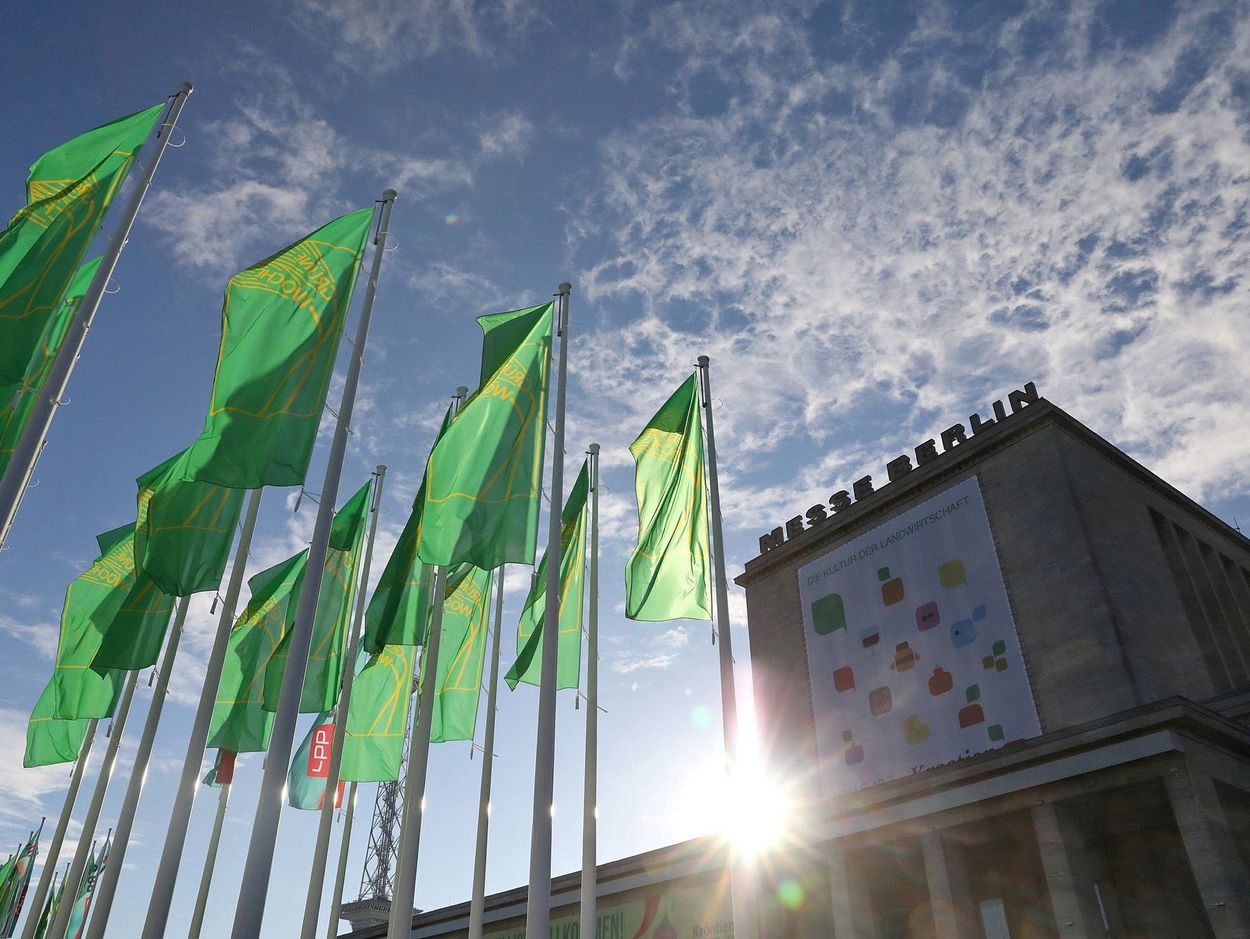From January 20 to 29, 2023, the International Green Week, the world's largest food and agricultural fair, will take place again in Berlin.
Things will be colorful at the joint stand of the Thünen Institute, the Julius Kühn Institute (JKI) and the Federal Agency for Agriculture and Food (BLE). The three institutions are developing methods for a nationwide monitoring of biodiversity in agricultural landscapes (joint project MonViA). Their presentations at the "Biodiversity" theme island in BMEL Hall 23a are correspondingly diverse. The Thünen Institute's exhibition segment focuses on monitoring wild bees, important flower pollinators, in agricultural landscapes. How can their occurrence be recorded, how can the different species be determined? How can interested citizens contribute to obtaining an area-wide overview as part of a citizen science approach? This will be explained at the stand and explored in more detail in an entertaining way on LED screens and in the stage program.
Also in Hall 23a, the joint stand with the Kuratorium für Technik und Bauwesen in der Landwirtschaft (KTLB) will focus on National Animal Welfare Monitoring – in the NaTiMon project, a basis is being developed for the regular assessment of animal welfare indicators for the husbandry, transport and slaughter of livestock, which can be used to measure progress and identify the need for change. This is an important step toward the goal of regularly publishing an animal welfare report in the future that provides neutral information for all stakeholders.
In the Rural Areas Hall (Hall 27), visitors can use the interactive Landatlas (Rural Atlas) to find out about the living situations in the various regions of Germany: The online atlas, developed by the Thünen Institute, can be explored playfully on a large monitor. Data on population structure, housing situation, accessibility of doctors, schools, supermarkets or e-charging stations and much more can be found on maps that can be zoomed down to the district level.






